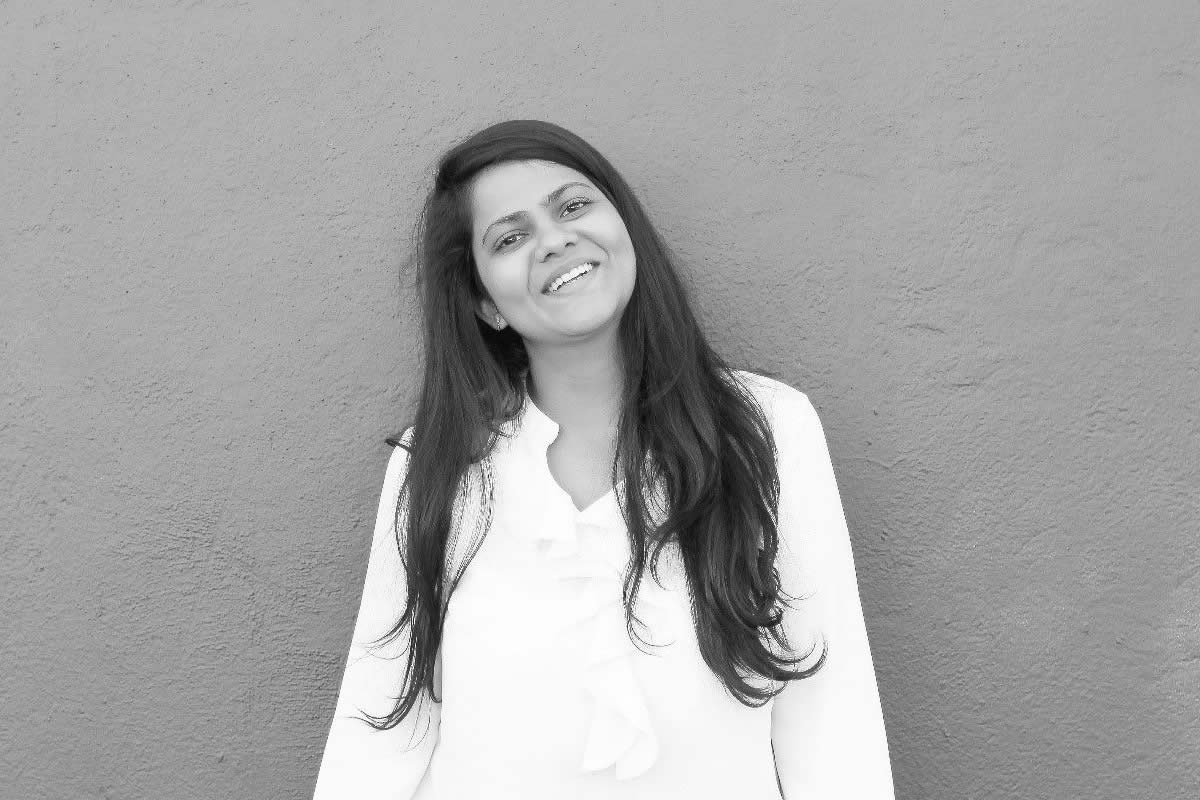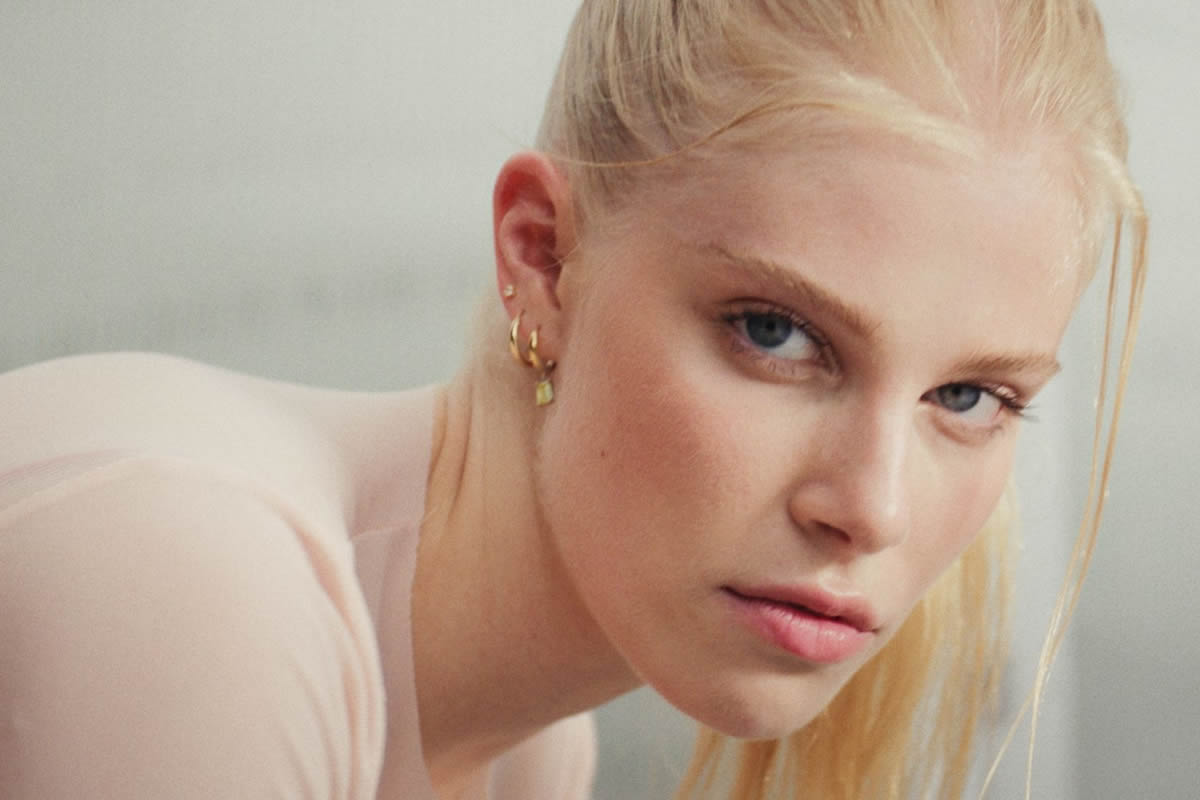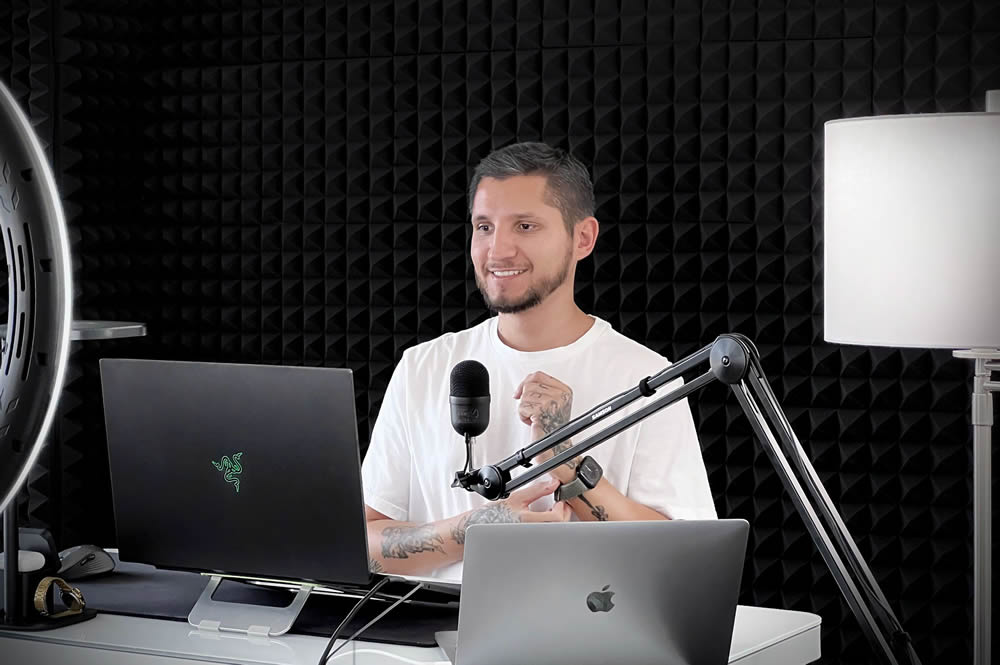Alison McCauley is a photographer who is currently based in Singapore. She has a visual arts background and education. Alison is currently working on her second book, “Another Cannes”. This book contains a selection of her images taken during the past five Cannes Film Festivals.
Artist statement about my project and book “Another Cannes”
I first photographed the Cannes Film Festival in 2013. I was initially driven by simple curiosity, to see what all the fuss was about. What I discovered was a multitude of complex, disparate happenings, amidst the highly organised, but apparent mayhem.
By the end of that first festival, I was hooked on the glittering, dazzling atmosphere. I committed to return each year to photograph what I saw, both on the streets and on the red carpet. Without the constraints of a specific assignment, I was free to cover the event from my own point of view and in my own way.
I photographed the actors, directors, producers, agents, fans, socialites, playboys, call girls, cleaning staff, security guards, errand runners, hangers-on, and hopefuls who flock to Cannes for the film festival. I spent much of my time on the streets where I milled about, queued, craned and waited with the public. Mostly I turned my lens on that same public whose behaviour I found so much more interesting than the choreographed public appearances of the film industry professionals. On the red carpet, I waited for the occasional moments when something unscripted happened.
This book is a record of many of these moments from the last five festivals. Together the 56 black and white images in the book paint a portrait that shows an alternative version, perhaps a more real version, of the Cannes Film Festival.
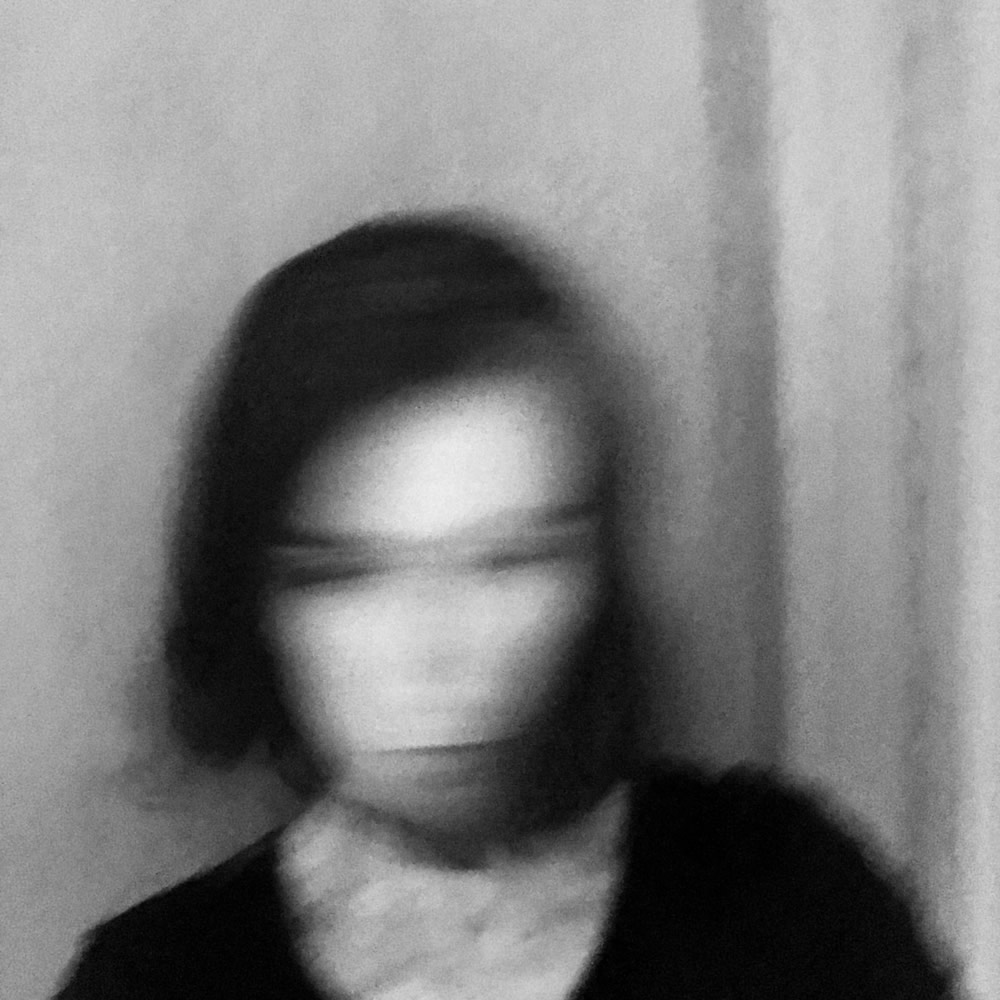
You can find Alison McCauley on the Web:
What is your first childhood memory?
I spent my earliest years in Malaysia. I remember sitting in the back of my father’s car and driving past endless rubber plantations … the skinny tree trunks blurring as we whizzed by and my sweaty legs sticking to the vinyl.
Are you still learning who you are?
Yes, but the curve isn’t as steep now.
Who are you when no one is looking at you?
The same person but with worse posture.
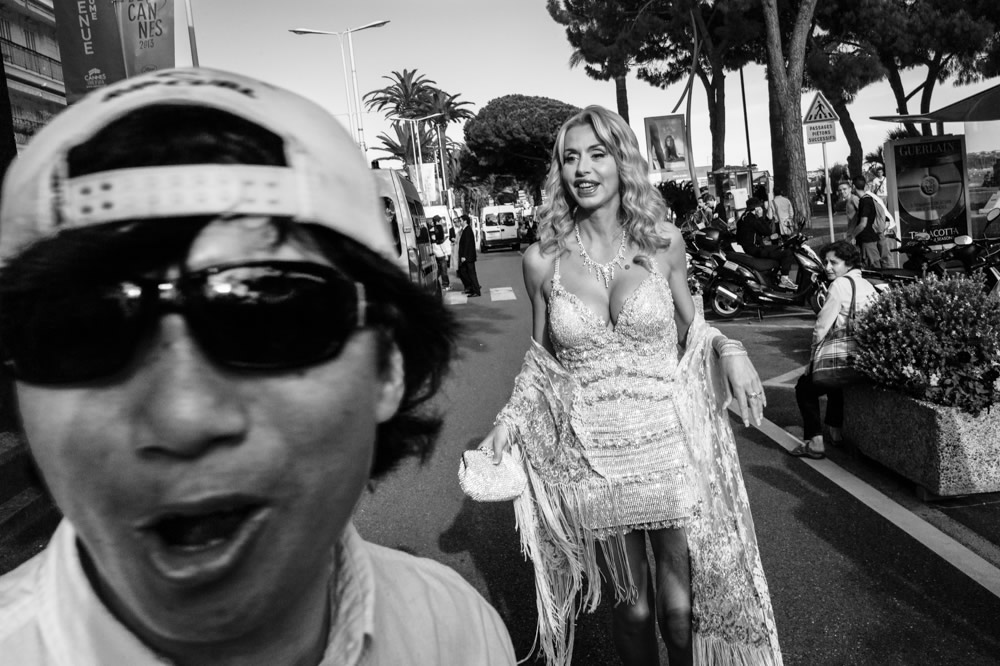
What got you involved in photography in the first place?
I used to be a painter. I turned to photography in the first place because of the frustration caused by the frequent isolation of being a painter.
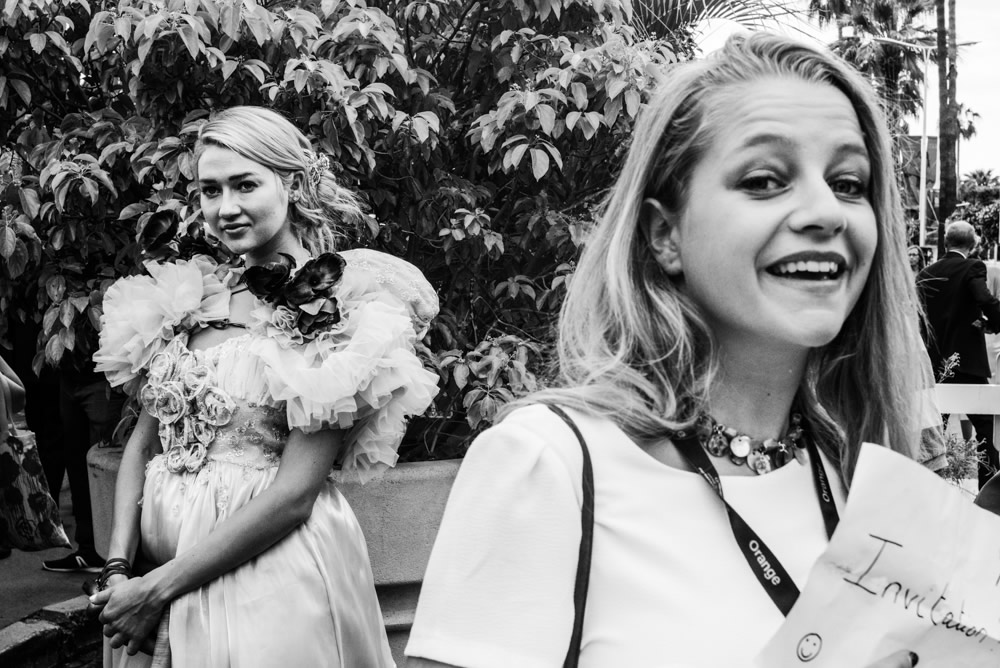
Ansel Adams once said: You bring to the act of photography all the pictures you have seen, the books you have read, the music you have heard, the people you have loved. Could you tell us about your favorite photographs, books, music, and people who are closest to you?
I love so many photographs and it’s hard to pick just a few. The first photograph I couldn’t stop looking at was Robert Frank’s Elevator – Miami Beach. I have quite a few favorite books. These are a few of them: The Cairo Trilogy – Naguib Mahfouz, Catcher in the Rye – J D Salinger, The Alexandria Quartet – Lawrence Durrell and Cry, the Beloved Country – Alan Paton. When it comes to music, I’m quite fickle. My family members are the most important people to me.
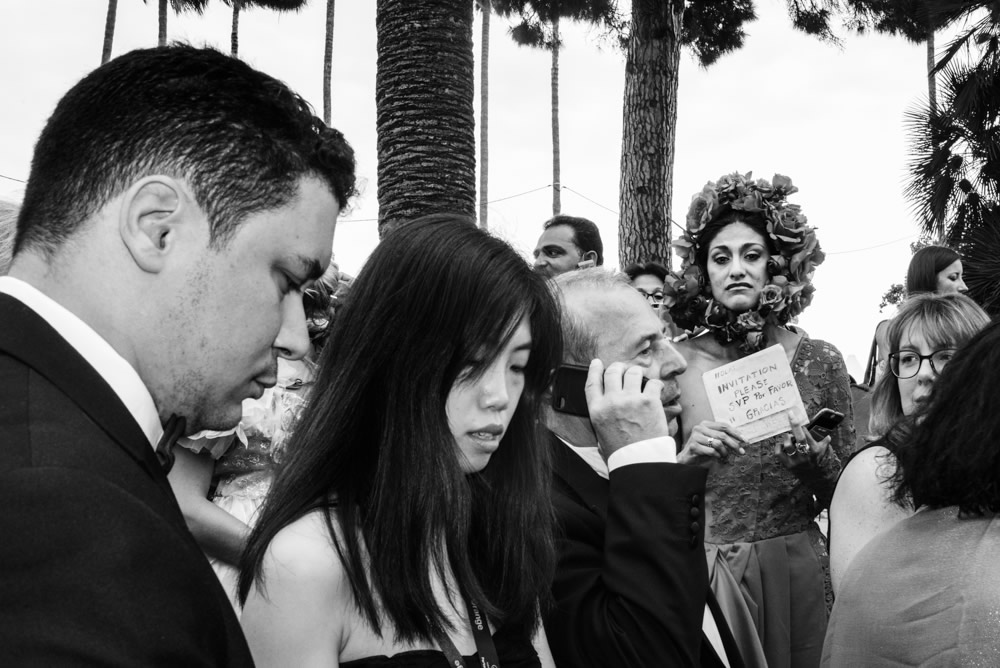
There is a thin line between invading people’s privacy and taking their photographs. Why do ethics matter?
Ethics matter because they are an essential part of the foundation on which a civilized society is built. To me, taking a photograph is never justified if the photographer causes or increases a subject’s distress.
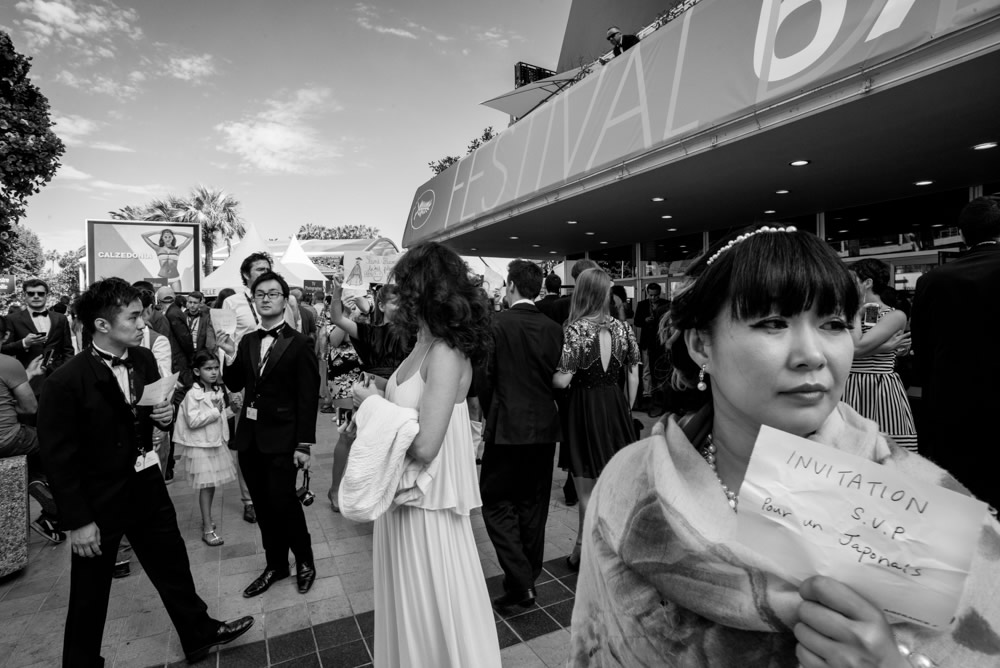
Bruce Gilden claims that photography is a voyeuristic medium. Does it resonate with you?
Not in the true meaning of the term, but it is about the pleasure of looking and about trying to satisfy curiosity.
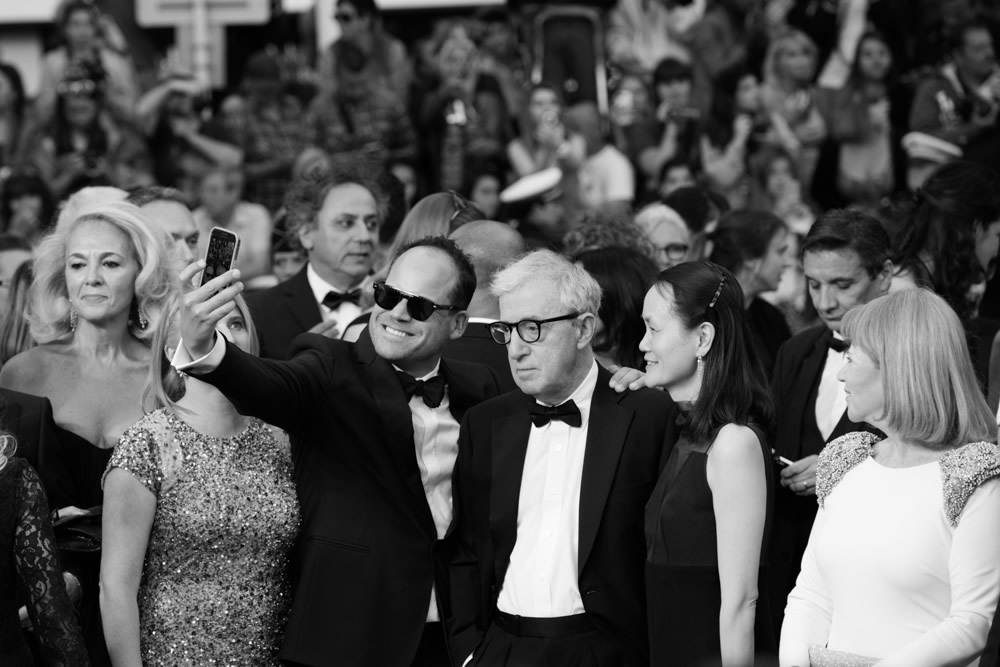
Have you ever acted rude in front of people you have tried to photograph?
No, I don’t photograph anyone in a way that I wouldn’t want to be photographed myself.
Have you ever been following your subject that the person could eventually think you are a stalker or a pervert?
No, but I annoyed Raymond Depardon (a great French documentary photographer and filmmaker) by following him around Cannes for an hour or so during the film festival last year. I didn’t give up because I know he does a lot of candid photography in public places and it seemed fair that he should allow me to photograph him. My favorite photo from that day is one of Mr. Depardon photographing a stranger … case in point.

Gloria Steinem once said: The truth will set you free, but first it will piss you off. Are you getting nervous when someone goes deeper and scrutinizes your work?
No, I went to art schools where they tear you to shreds before they allow you to build yourself up again. It’s a good training.
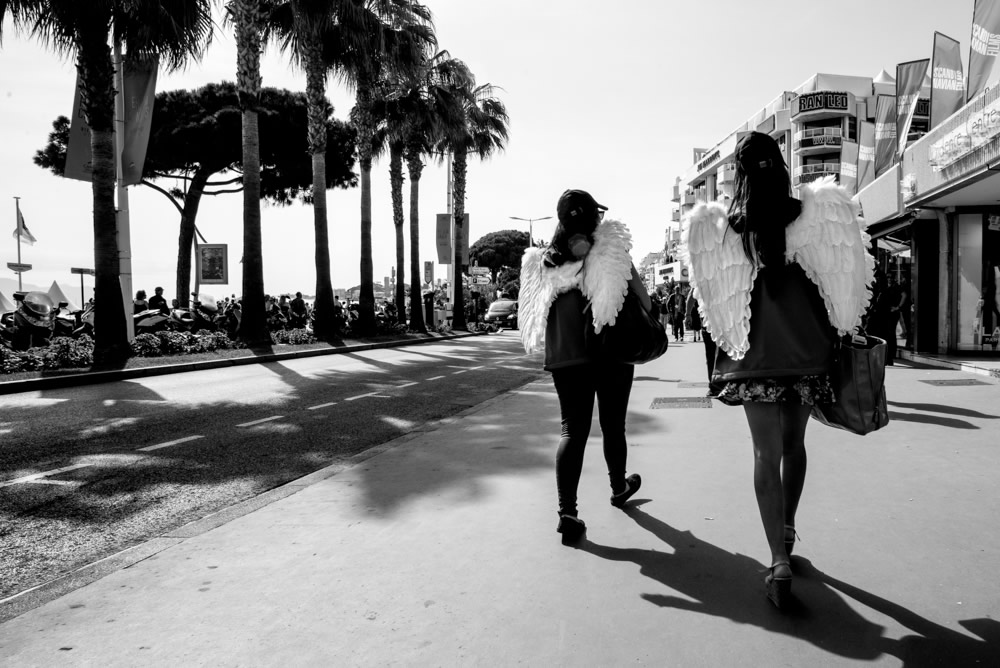
What if you take images for a couple of years and do not get a positive audience reaction? Would you be still taking them?
If I really believed the images were worthwhile, I would carry on regardless, but if I already had doubts, I would take this lack of engagement as another reason to reconsider the work.
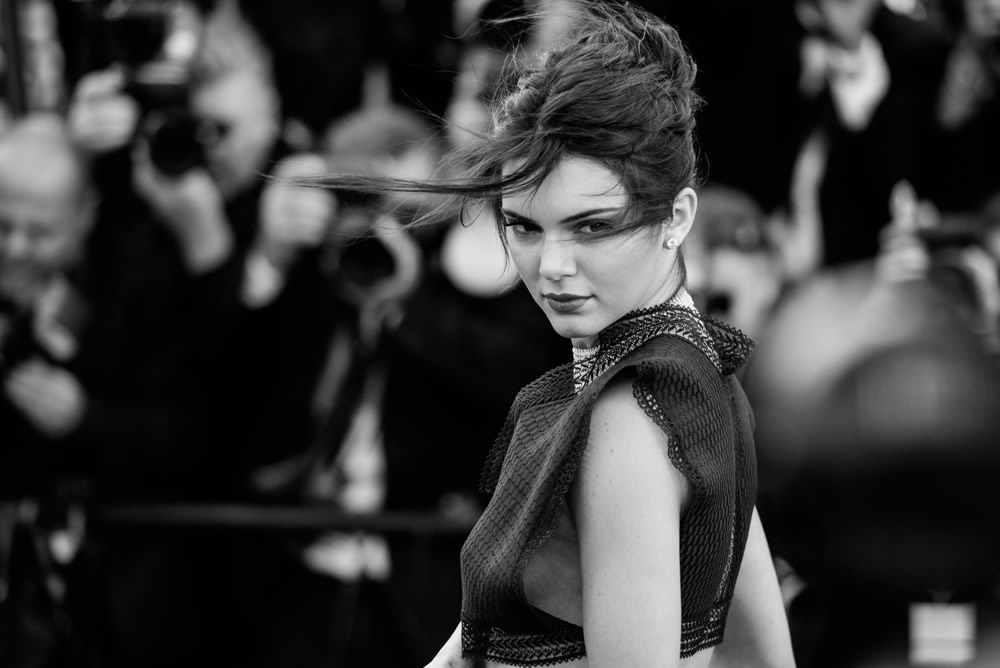
Do you often get jealous of someone’s achievements?
No, everyone sees things a little differently. There’s room for everyone.
If you could wake up tomorrow in the body of another artist, who would you choose and why?
I don’t want to. I would rather work on being a better version of myself.
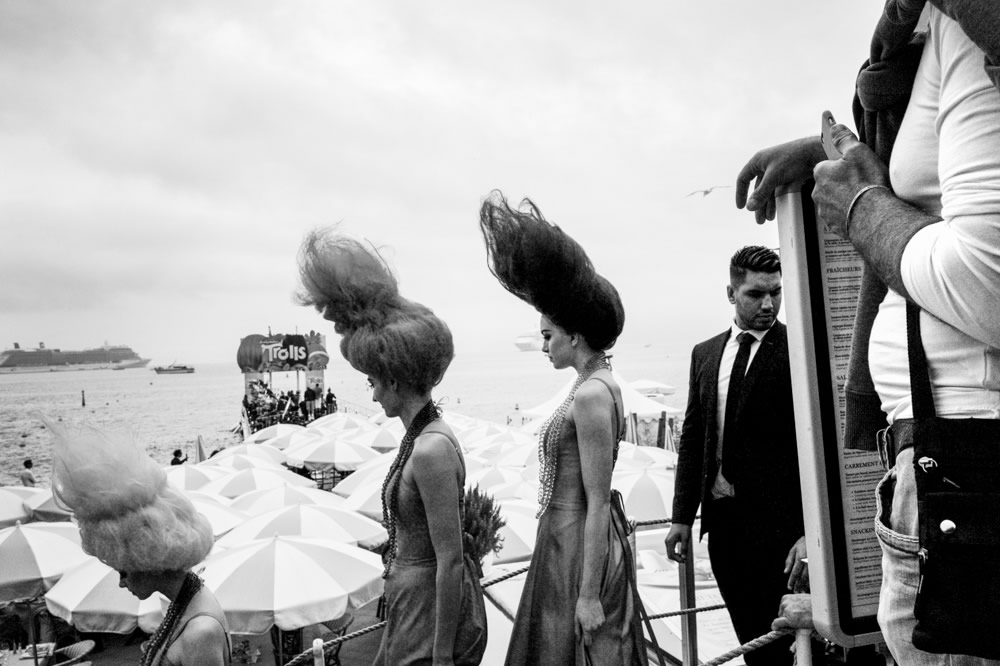
What artist made the most impact on you and why?
Probably Robert Frank because his photographs made me realize that where a photographer is coming from, who s/he is and what he feels is at least as important as what he is looking at.
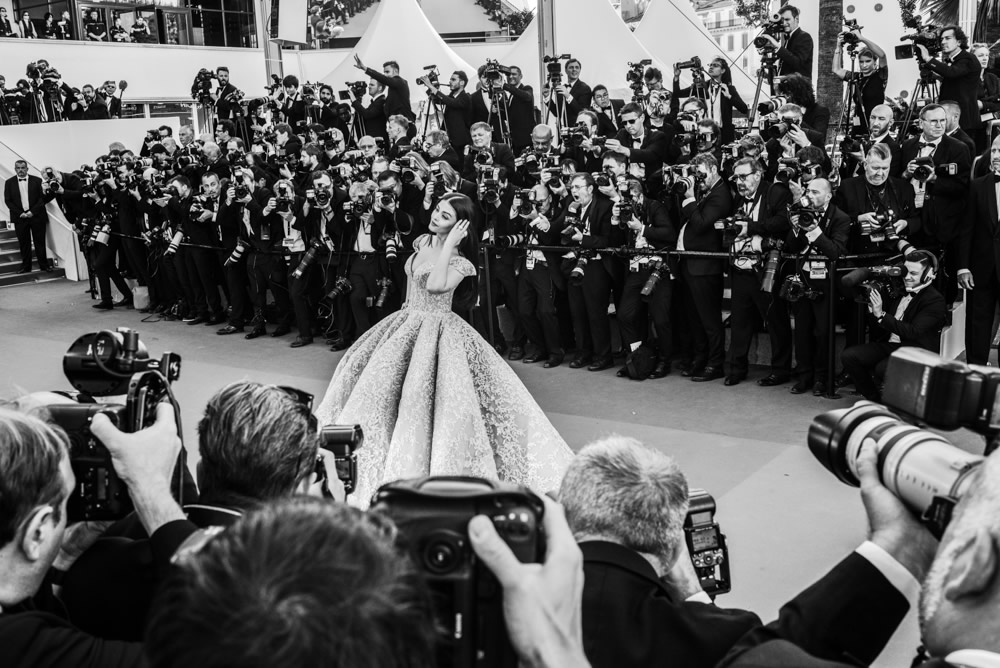
If you could have personally witnessed a perfect street scene at the right decisive moment, what would you want to have seen?
Something so unique and beautiful that I can’t even imagine it … but I would recognize the potential the second I saw it.
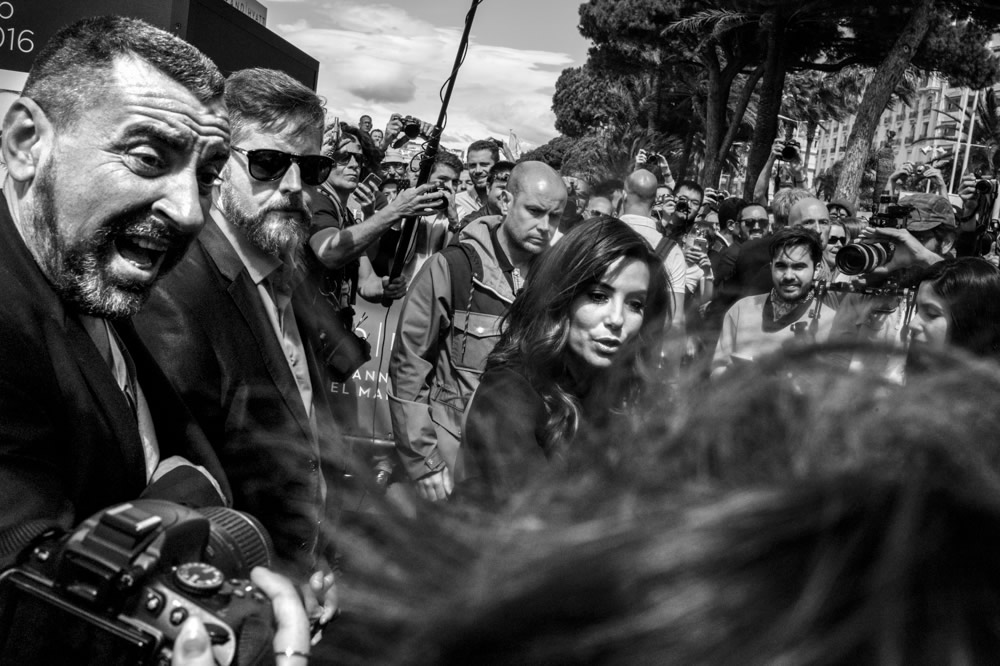
If you could witness and photograph any historical moment of the past, present – or future – what would it be?
I would like to photograph the cleanup operation of the floating rubbish in our oceans.
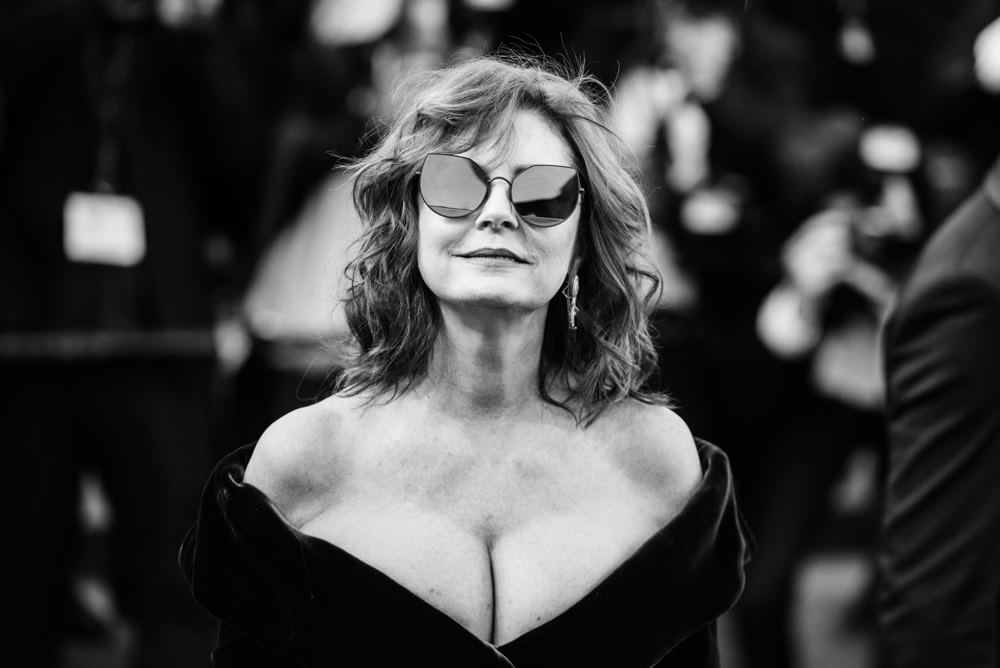
What is on your photography bucket list this year?
Other than publishing my Cannes book, I’m also continuing to work on a long-term project about childhood and memory. Also, I may have the opportunity to follow a film crew later this year. It’s something I’ve always wanted to do.
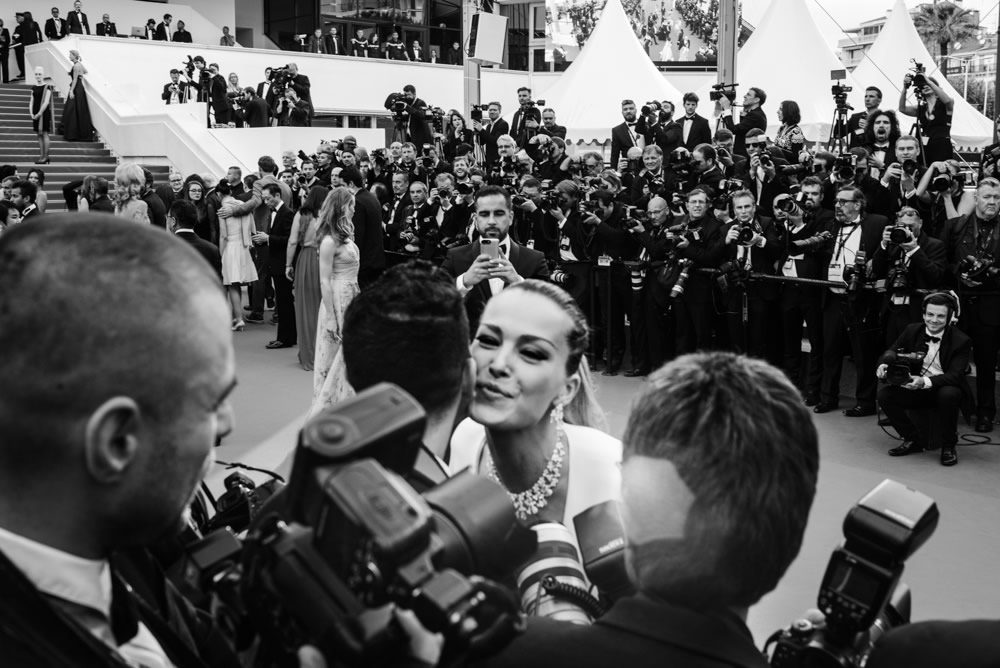
What do you like to do outside of photography?
I love watching good films, eating good plant-based food and spending time with family and friends. I also love traveling and walking, but I always have a camera with me, so maybe these activities don’t count.
Blind and live forever or be able to see and die in a couple of years?
Blind and live forever.
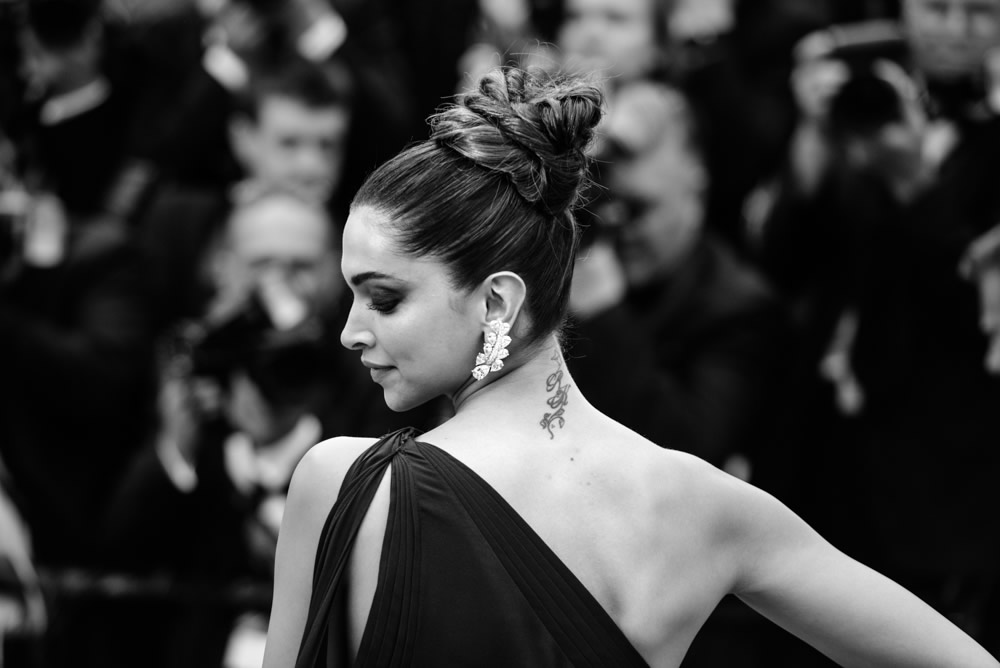
What do you want your tombstone to say?
I don’t need to worry about that as I’m going to live forever … remember?
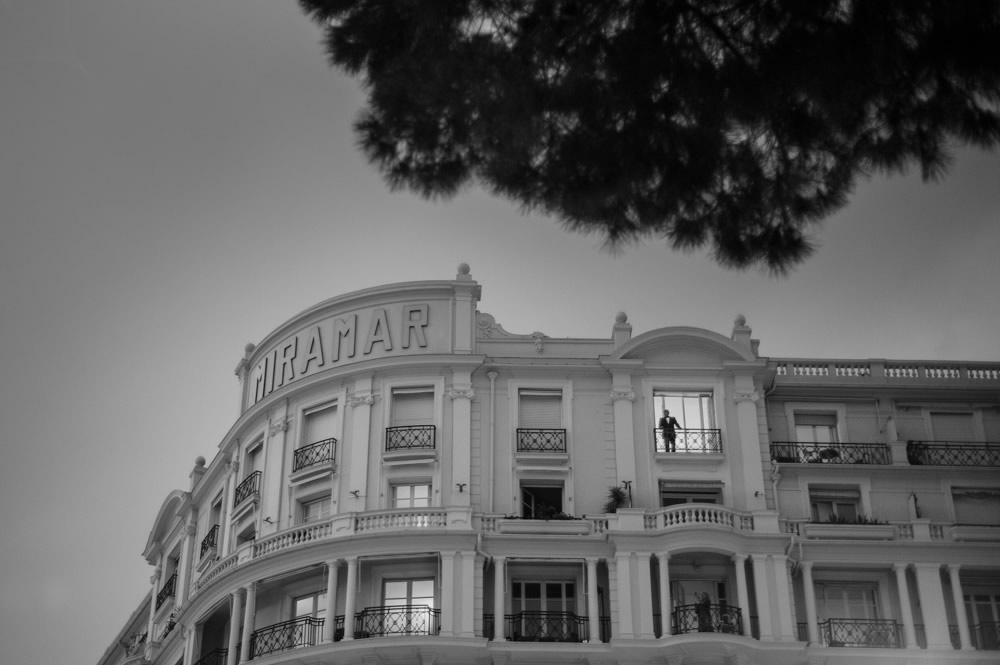
About Arek Rataj
“You Can Shoot. Can You Talk?” is a series of interviews created by Arek Rataj. He is a Qatar-based journalist, contemporary photographer and educator.
Arek was born in a small industrial district in communist Poland under the Soviet Union dictatorship. In midst of this human misery, political hypocrisy, environmental dirt and ugliness, he became particularly sensitive for all signs of beauty and transcendence.
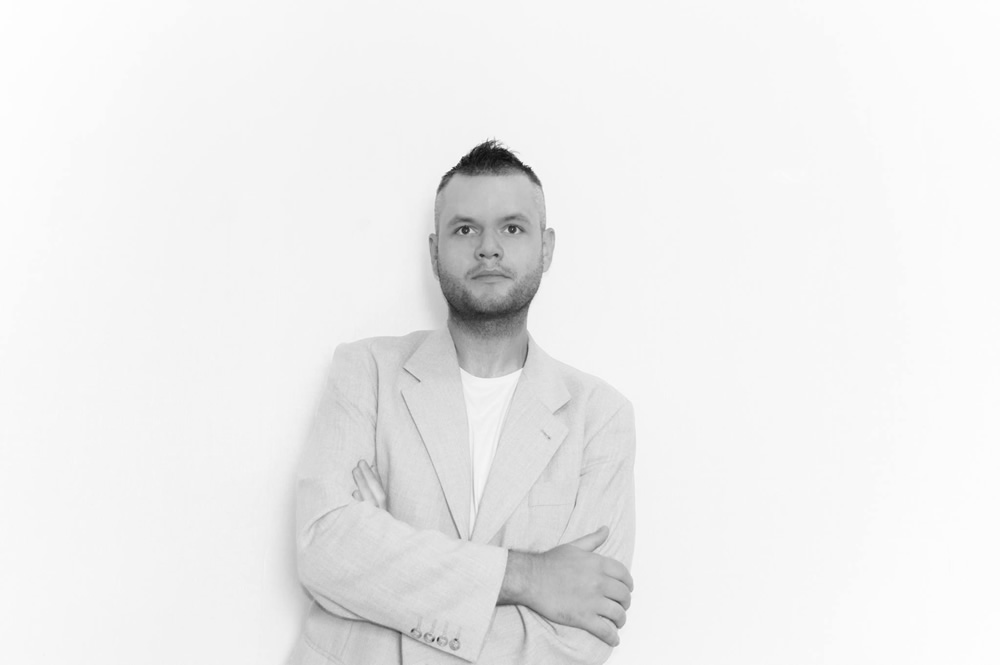
You can find Arek Rataj on the Web:
Copyrights:
All the pictures in this post are copyrighted Alison McCauley. Their reproduction, even in part, is forbidden without the explicit approval of the rightful owners.


